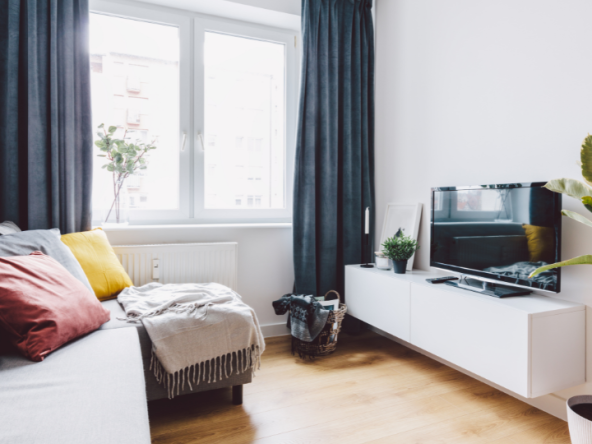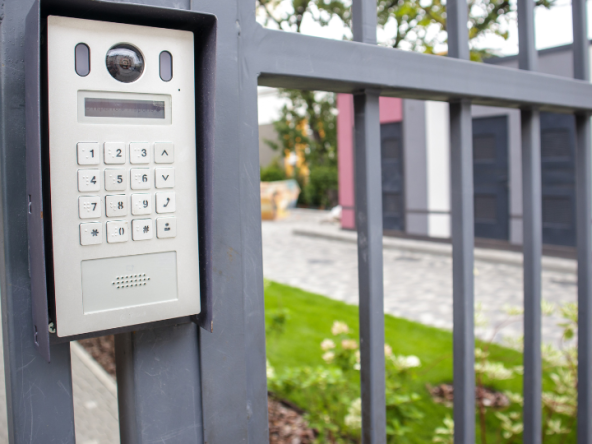Introduction:
For many years, owning a pool was seen as a desirable asset that added value to a property in the South African real estate market. However, shifting trends and changing perspectives have led to a transformation in how pools are viewed today. Increasing maintenance costs, water scarcity concerns, and changing lifestyle preferences have contributed to the perception that owning a pool can be more of a liability than an asset. In this article, we will explore the factors that have led to this shift and why potential pool owners should carefully consider these aspects before building a pool.
- Maintenance Costs and Effort:
One of the primary reasons pools are now viewed as liabilities is the significant ongoing maintenance costs and effort they require. Regular cleaning, chemical balancing, and general upkeep can be time-consuming and expensive. Pool owners must invest in proper filtration systems, chemicals, and repairs to ensure the pool remains safe and operational. These costs can accumulate over time and become a financial burden for homeowners.
- Water Scarcity Concerns:
Water scarcity is a pressing issue in South Africa, particularly in regions prone to drought. Pools consume a substantial amount of water through evaporation and frequent refilling. Homeowners may face increased water restrictions and higher water bills due to the maintenance and use of a pool. In times of drought or water shortages, owning a pool can be seen as an unnecessary luxury that adds to the strain on the already limited water resources.
- Lifestyle Changes and Safety Concerns:
Modern lifestyles have evolved, and homeowners now prioritize low-maintenance and multifunctional outdoor spaces. With time becoming a valuable commodity, many homeowners prefer smaller, low-maintenance gardens or outdoor entertaining areas that require less upkeep. Pools, on the other hand, demand regular attention and may not align with the practicality and convenience that homeowners seek today.
Additionally, safety concerns related to pools are another factor impacting their perceived value. South Africa has strict regulations regarding pool safety, including the installation of safety fences and covers. Compliance with these regulations can be costly, and failure to meet them can lead to potential legal liabilities if accidents occur.
- Potential Buyer Preferences:
While some homebuyers may still value pools, there is a growing segment of the market that sees pools as unnecessary or even as a potential drawback. Buyers with young children or those who prioritize low-maintenance living may prefer properties without pools due to safety concerns and the additional maintenance responsibilities. Limited buyer demand for properties with pools can impact their resale value and potentially prolong the time required to sell a property.
Considering Factors Before Building a Pool:
If you are considering building a pool, it is essential to carefully weigh the following factors:
- Lifestyle and Budget: Assess your lifestyle, available time, and financial capacity to maintain and operate a pool regularly. Consider whether a pool aligns with your family’s needs and preferences.
- Local Water Situation: Evaluate the water availability and restrictions in your area. Determine whether owning a pool is a responsible decision considering water scarcity concerns.
- Property Value: Research the local real estate market and consult with professionals to understand how pools affect property values in your specific area. Assess whether the investment in a pool will provide a reasonable return on investment.
- Safety and Legal Requirements: Familiarize yourself with local safety regulations and the associated costs of compliance. Ensure that your pool design adheres to safety standards and that you have the necessary permits and approvals.
Conclusion:
Owning a pool is no longer automatically considered an asset in the South African property market. The increasing maintenance costs, water scarcity concerns, changing lifestyles, and potential safety issues have shifted the perception of pools from assets to liabilities. Aspiring pool owners should carefully consider these factors, including ongoing maintenance costs, water scarcity, lifestyle preferences, and potential buyer demand, before building a pool. Understanding the implications and responsibilities associated with pool ownership will help homeowners make informed decisions that align with their lifestyle, budget, and long-term property goals.







